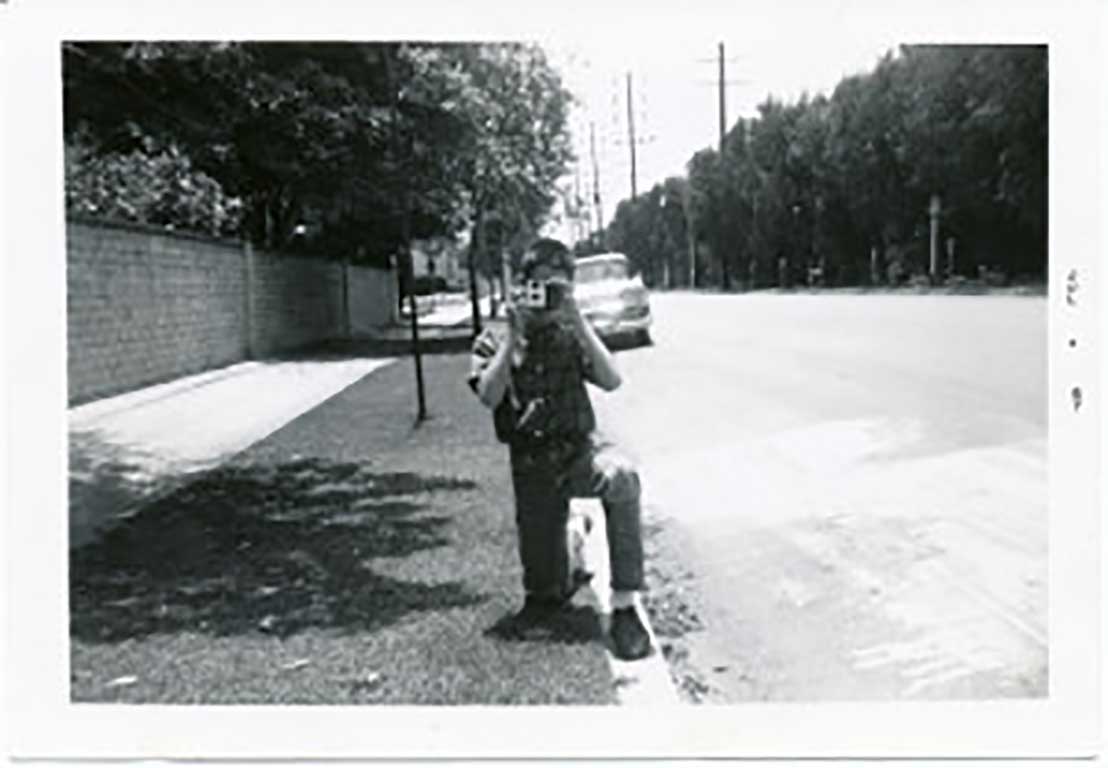
How I became a Director
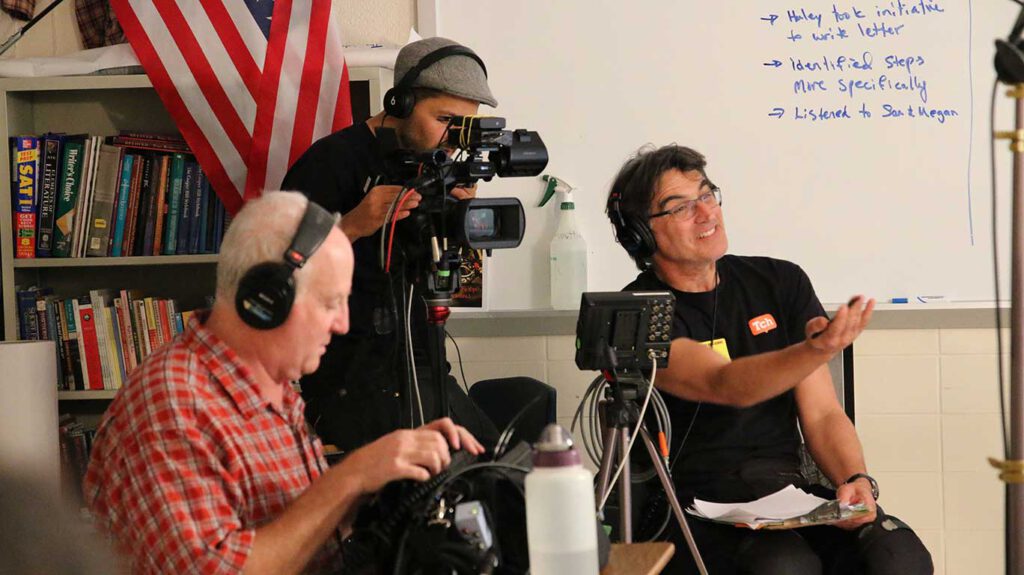
Want to be a film director?
Want to be the ultimate authority at a film location, with people hanging on your every word, willing to do whatever you ask, looking to you for decisions, striving to please you? Being in charge, 100% – creatively, logistically, inter-personally?
Well, not me.
No thanks. Sounds scary. Sounds … very stressful.
So what went wrong? If i didn’t want to be a director, why did i become one?
How did i fail?
How did i fail so badly that i become a film director?
How exactly did i fail my way to this success?
Lets start a long time ago.
1981.
I was an assistant sound editor, a job I was thrilled to have but make no mistake – it was the lowest-level gig on the movie. I was happily working at the very bottom of the hierarchy. I vividly remember it. My tiny edit room was barely the size of a closet, over-filled by my edit bench with held two hand-cranked metal shafts for putting huge reels of film on them and winding or rewindnig by hand. No computers, not even any electronics of motors, just spools of films, editing blocks with razor blades and tape, and marking pens – grease pencils for temporary, sharpie markers for permanent.
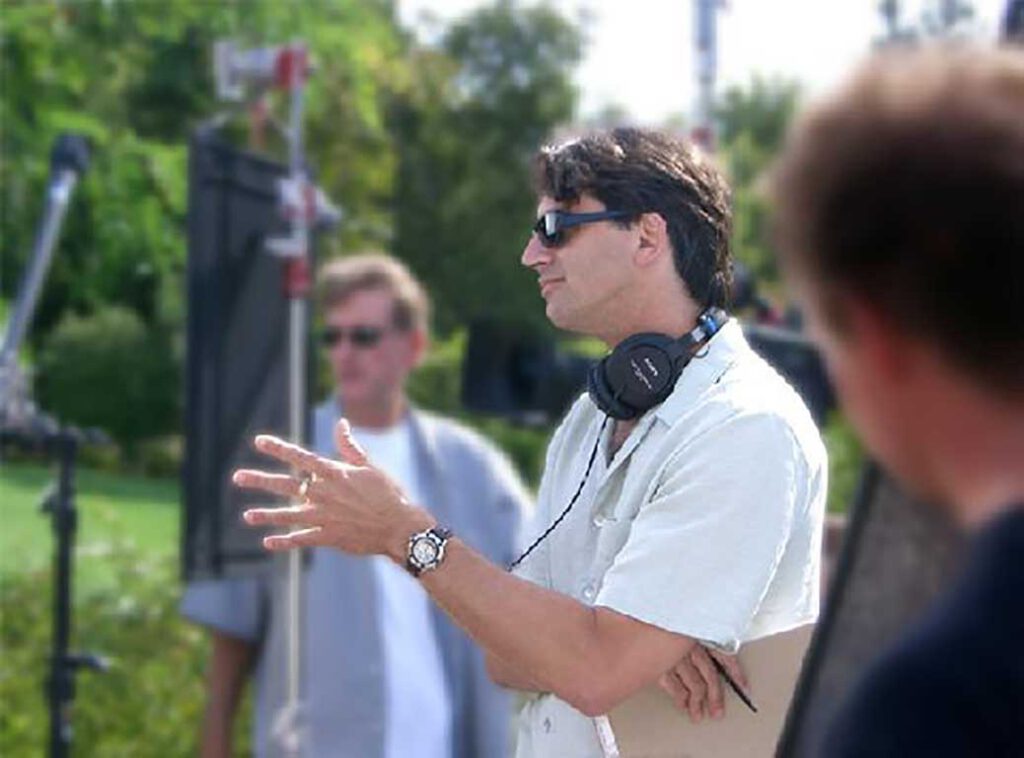
i spent my days rewinding film reels and filing away the tiny pieces of film that the editors didn’t want, or busily searching and finding and putting in the tiny pieces of film that they did want.
Assistant editor work was alot like being a janitor of film – cleaning up, putting away. Detail work. Necessary but uncreative. A good task to do if you wanted to eavesdrop on what else was going on around you and the miracle was, low on the totem pole as i was, less than 12 feet away was the main cutting room where the magic was all happening.
And there was magic indeed. For i was in San Francisco, working for the legendary Francis Ford Coppola on his newest soon-to-be-masterpiece.
Yes, just by chance a mere 12 feet away from my tiny closet, the great man, the great director Francis Ford Coppola himself was editing with his editor Anne Goursaud on “One From the Heart,” a feature film that i thought was marvelous and inventive beyond words, but it would take 30 years for critics to see the same in it in a glorious re-release. No, back then, that film was soon to be an enormous flop, although of course we did not know that yet but soon enough, it would push Francis’s film making empire over the edge into bankruptcy. A disaster was coming but we who believed in the film had no inkling of it; except that it was possible and that Francis was putting everything on the line for this film and already had lost his entire hugh studio lot in L.A. with the financial stress of it all and he had been forced to retreat to his home and remaining film facilities in S.F., with all of us; a joyous thing to me, but to him, without a doubt the gloomy weight of the impending possible failure was on Francis’s mind every day.
You could see it in his face. You could hear it too. I could hear it, from 12 feet away.
The sounds from that room, every day, revealed that constant scary emotional rollercoaster. There was the sound of the film itself, over and over and over again, backwards and forwards, playing and rewinding, and ever so slowly, changing under the hands of the editor and the instructions of the director. Editing and re-editing and re-re-reediting of scenes; the dialog of the film alternating with the sound of Francis’s voice and less often, of Anne … varying discussions from soft murmurs to vigourous struggles – a battle to reveal thru editing the heart and soul of the film itself. But even more ominous was the sound of Francis on the phone while Ann was editing, intense phone calls to who-knows-who, people in finance, people in other film studios, people asking favors of Francis, Francis asking favors of people. Laughter. Shouting. The pleading voice of a man trying to hold his world together through even more intense discussions with friends, allies and enemies; all the while punctuated by the sounds of the cut cut cut of editing, the endless shaping and reshaping not just of that film, but of the path to salvation or salvage – whichever was to come next.
Then, one day, Francis popped out of the room like some crazy happy jack-in-the-box, absolutely joyous, and announced loudly to everyone – which actually was just me cuz no one else was right there, “Want to know what just happened? I got a loan so big from the bank, that they forgot to ask for collateral.” And he walked off with a laugh, a big laugh yet an ugly laugh, a gallows humor laugh as he went reaching for his shirt pocket where he kept his lithium, or whatever were his mood elevator pills that day.
And I thought – wow!
And I thought – All that drama!!
And I thought – If that is what it means to be a director, then … no thanks. I’m out. Let me stick to editing.
….which i did. Happily. For years. I love to edit. I still do.
Because it didn’t work out. The film, i felt then and now, was wonderful. But the critics didn’t think so and panned it for it’s ambition and creative flights of imagination. Audiences stayed away in droves. Francis went bankrupt (spoiler alert: but also found his way back and made more films).
Meanwhile, I worked. Assistant editor jobs turned into sound editor jobs turned into documentary film editing jobs and the years went by.
Eventually, despite my best intentions, against my will, came my big break.
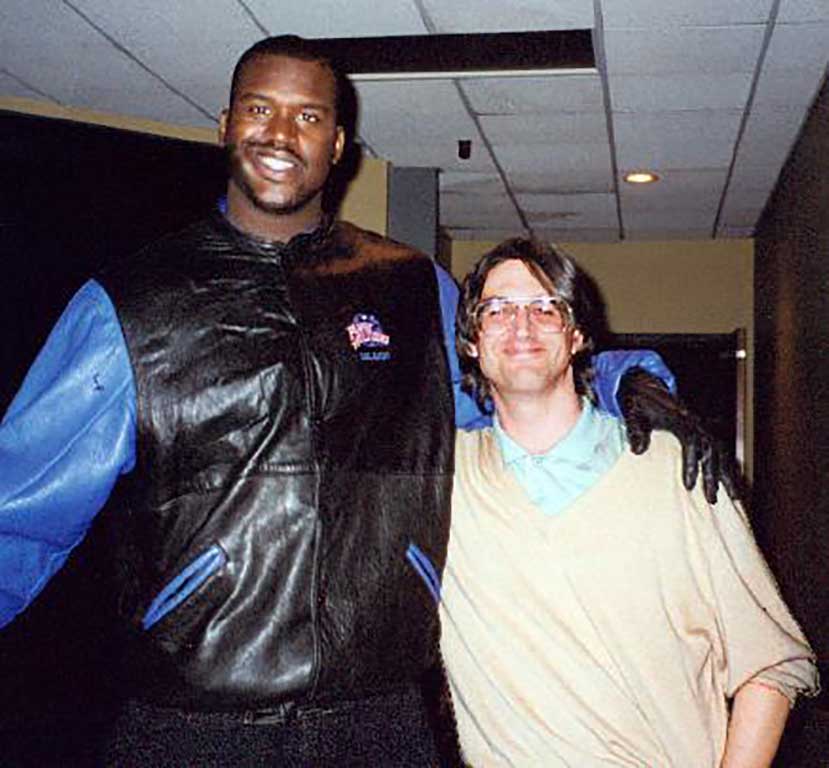
I was editing a documentary that was part travelogue and part the story of an international expedition to fly hot air balloons. Once the film was edited we needed to record the narration. The deep-pockets producer wanted a celebrity, a REAL celebrity for the narrator.
First choice: Richard Burton.
For those too young to know, at that time the greatest voice in the world by clear consensus was Richard Burton.
The producer just had to have him. He offered Burton $35,000. This was alot of money in those days, and it would take Burton maybe 2-3 hours to do the work. Come into a studio, read the narration script, go home. Ka-ching! $35 k.
Burton’s answer – absolutely not. Burton turned it down with a vengence. “i don’t get out of bed for under $50k.” he told us via his agent. “I worked long and hard to get my rate up …Long and hard!! There will be no exceptions.“
Then, Richard Burton died the next week.
Now, don’t get me wrong. His death is a non-sequitur in this story. It’s not like the producer killed Burton for sticking to his rate. The man just died is all. I mean, that is what happened next. And in terms of this story the point is – simply no doubt that Burton would not be doing the narration. So …
Plan B?
Producers 2nd choice?
Next REAL celebrity?
Burt Lancaster.
Again, at the time, Burt Lancaster was a star, a REAL star. To be sure, aging already and not the young guy of earlier in his career, that was decades ago. But he was still the REAL thing. The fact that he was older, meant that he was all the more internationally famous and REAL for all that.
This time it worked. Burt accepted an offer of $30,000 (just $30k, hahaha) and the date and place was set. Not bad for plan B.
The day of the narration recording session arrived.
We had rented a recording studio with a big comfortable room for Burt to record in. In the center, a mahogany table big enough for 8 and a very large and wonderfully expensive microphone. Scattered around, various chairs at hand for whatever Burt might prefer, and two over-stuffed comfy chairs right nearby for the producer and director.
Through the large soundproof window I could see all that from my place in the control room, where I sat alongside the recording engineer and all his machines. As the editor, my job was to time each sentence of narration with a stopwatch as Burt read them, to ensure that the lines as recorded would fit within the on-screen time of the lines already edited film.
Simple enuf, right?
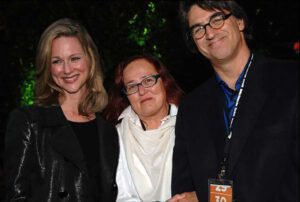
Burt came in. He took forever to get to work. He was in no hurry. He greeted us. He wanted to chat. He had alot to say. He gave a lengthy discourse on his current medical complaints. He confided to us all the details about his recent operation. I learned more about the bile duct and it’s problematic functioning than i ever expected or wanted.
We were all patient and attentive and eventually even Burt was ready to get to the work at hand. He decided to stand, not sit. The recording engineer adjusted the microphone and rejoined me in the control room. Burt spread out the pages of the script on the heavy table, took the first page in his hand, stood close to the microphone.
“Take 1” said the recording engineer.
Burt began to read. When he was done i looked at the stop watch. Too long. Way too long. He would have to do it again. I wasn’t sure what to say, what to do. But in fact, I didn’t need to do anything because the producer and director jumped in and asked for another read of the same. They gave Burt a whole series of instructions about how to deliver that first set of lines.
“Take two” said the the recording engineer.
Burt began to read. When he was done i looked at the stop watch. Too long. Again, i wasn’t sure what to do and again, it didn’t matter. The producer and director jumped in with more directions. Each gave instructions. But … they were contradictory instructions.
And the star went super-nova. Burt blew up.
Burt was being subjected to a problem that i had been struggling with for the previous 6 months of editing – the impossibility of following instructions from the two guys in charge who don’t seem to notice what the other is saying. But Burt could do what i never could do – he threw a fit, a screaming, yelling, profanity laced fit.
“You guys don’t know what the fuck you are doing, how do you expect me to find a performance with contradictory directions, you don’t know shit about acting, you don’t know shit about your own film, you don’t know your ass from a fucking hole in the ground”
When he was done, the producer and director were deathly still. Frozen. Silent. Still as statues, as if any movement at all might set Burt off again. Terrified. As far as i could see, they were not even breathing. In fact, the two of them did not and would not say a single word for the entire rest of the recording session.
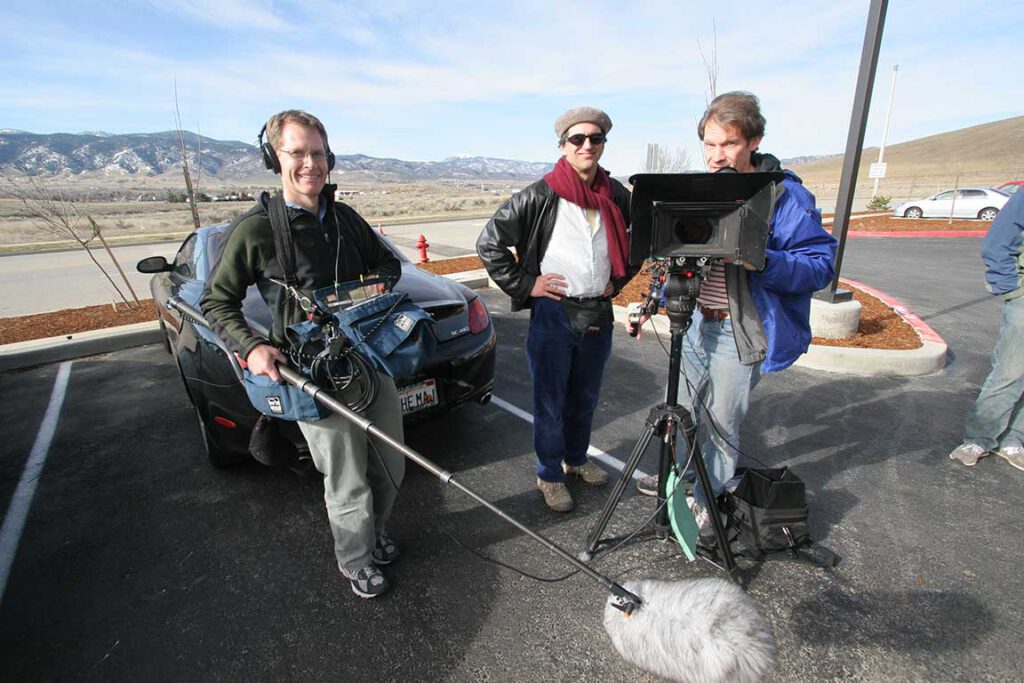
After the explosion, Burt let silence hang in the room before he said, “Do I need to do that one again?” glaring at the producer and director, daring them to answer.
They didn’t.
I looked at the stopwatch in my hand again, wishing it was not telling me what it was telling me. No good. His reading was no good. 10 seconds too long.
In that silence, I stammered, “Excuse me M-Mr. Lancaster?
Burt looked at me. The producer and director looked at me. The recording engineer looked at me. In silence, I held up the stopwatch.
“M-m-mr. Lancaster? That was 38 seconds. And, um, well, in the film? As it currently is edited? It should be … about … 28 seconds.”
I held my breathe. I was ready for the worst. But to my surprise, Burt’s glare suddenly melted. Now he was entirely non-plussed. “Read it faster? Just say so. Let’s go”
“Take 3” said the engineer.
Burt read the text and after … all eyes went to me.
“Very good Mr. Lancaster. 27 seconds. thank you.” I said
“Ok then, ” said Burt, “Next paragraph.”
“Take 4” said the engineer … and we proceeded.
At first, I limited my comments to simple instructions, faster, slower. But … I was the editor. I did know the movie very well – every shot, every cut, every pause was there by my choice and each choice was based on careful creative reasons and those creative reasons … could be helpful to a narrator.
So … well … i started giving him those reasons; more information about the purpose of the lines, more context about where the lines went, more sense of the interplay between his reading of the text and the images that would play with those words, additional info about what music would be doing and how his reading could interact with that, about places to take a breath or extra breath or not a breath at all where that was needed.
At one point, i asked him to redo a particular line. I wanted his voice to accommodate a sudden sharp picture cut that would come right in the middle of a sentence, a rather ungrammatical place for a pause but visually quite effective. But Burt had no way to know that. He was reading from a page – without the movie playing in front of him, so i explained it to him and suggested that his read should stop at the word where the picture cut occurred, but with a tone that implied a sense of interruption, so that the viewer would hear the stop, yet know that the narration would soon continue and finish the thought.
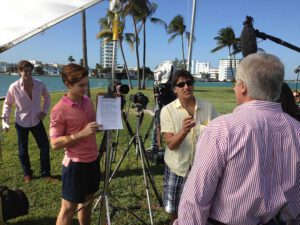
Burt paused at the microphone, “What’s your name, young man.” he said.
“G-g-gary. Gary Weimberg.”
“You’ll be a great director someday, Gary. That was good direction.” he said, turning at the last phrase to glare at the still silent duo in the room with him.
I am certain my mouth dropped open, stunned, pleased beyond imagining. His words echoed, over and over, inside my head, “great director … great director …” I was no longer in my body. I was just a pair of ears listening to the replay of what he had said, “great director ...” I was in heaven, no longer even in the room, but distant and far away and replaying “great director ... “great director ...” until I realized Burt was speaking to me again.
“Gary? Gary! How was that?” said Burt. “Was that what you wanted?”
I had no idea. Lost in my head, I had entirely stopped listening to the actual take. I had spaced out. I had no idea. And as happy as i had just become, i had no stomach to ruin the moment. So … I lied.
“Perfect …” I said “Lets go on.”
When we finished the entire recording session, the producer and director recovered sufficiently for goodbye pleasantries. Burt shook all of our hands. He looked me in the eye. “Good session.” he said simply and was gone.
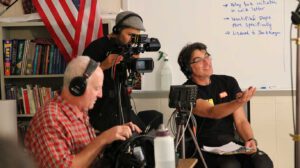
He left. We all breathed a huge sigh of relief.
The producer turned to me and in a cold fury said, “You’ll never work for me again!” and stormed off.
That’s show business, eh?
But … lucky for me, when it came time for his next film, the producer didn’t follow through on the threat. In fact, on his next film, that producer promoted me to director. I would travel around the world with him as the director of another crazy travelogue documentary, a multi-nation 2 camera 16mm film project, with an expensive and demanding shooting schedule, after which i would edit it and in time, the producer would hire Sir Laurence Olivier to narrate. So I got to direct him too. (and if you don’t know, at that time, Sir Laurence Olivier was, by wide consensus, regarded as the greatest living actor in the world.)
But that was the future. On that day, my brief trip to heaven during the session seemed to have come crashing and thudding down to earth before Burt had even left the building. I had been fired as director before i had even been hired as one. It was a powerful lesson. Directing really was insane and stressful and confusing and hurtful. My own first real directorial moment confirmed my feelings from watching Coppola.
Yet … i had survived.
Plus, it was a good narration recording session after all. Later that day when i was editing once again, I listened to the take where i had spaced out…
All good. Burt really had hit the tone just right. I hadn’t told a lie, it was perfect. I was pleased. It was a pleasure editing it into the movie. And … as an editor i felt this wave of appreciation for my director. In a tough situation he had gotten a pretty good performance. I began to hope that maybe i could edit for that director more in the future. Turns out … i did.
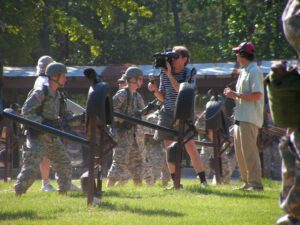 post blog note – oh oh, more still to write, i hope to continue about directing Sir Laurence Olivier …
post blog note – oh oh, more still to write, i hope to continue about directing Sir Laurence Olivier …
But until i get around to it, join me in enjoying this wonderful photo. Not my session with him, but a great visual to illustrate my future text of the great Olivier and I.
(feel free to email me to persuade me to continue … it would be a surprising confirmation that anyone has every read all the way to here …)
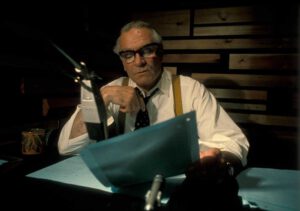
Related Articles
My Father
He disapproved of my film career. Not a real job, he said. I spent a lifetime striving
What is it like to be interviewed by Luna Productions?
if ya wanna know - and the prepare to enjoy yourself!



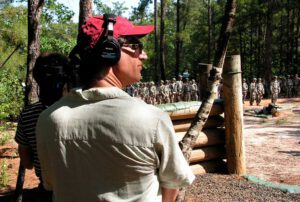
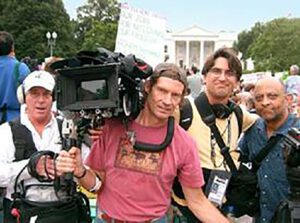
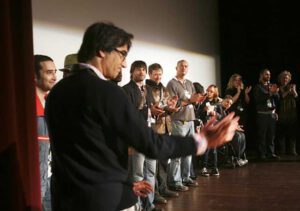
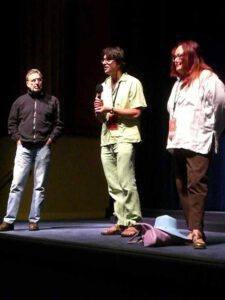
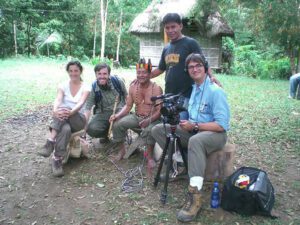
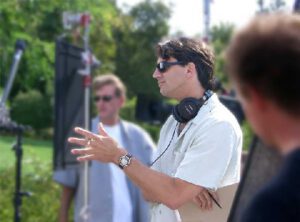
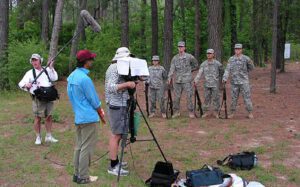
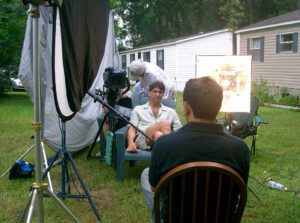
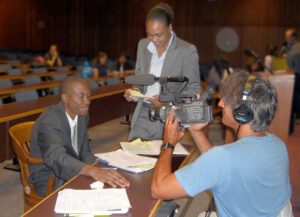
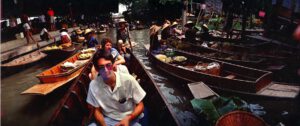
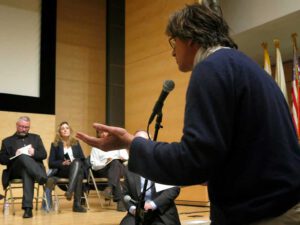
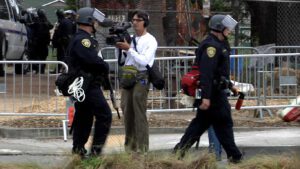
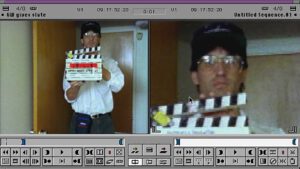
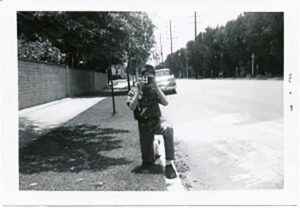
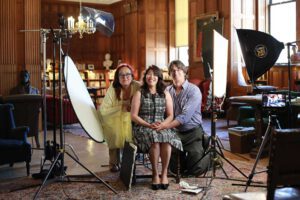
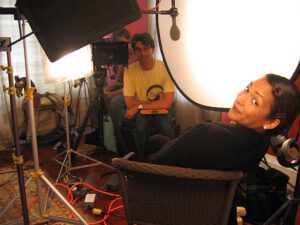
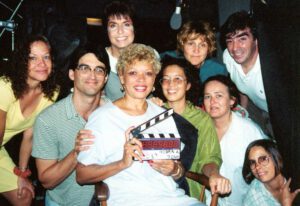
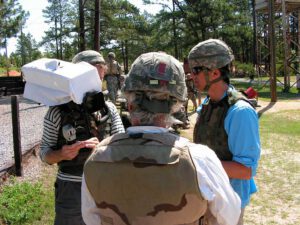
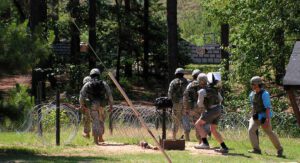
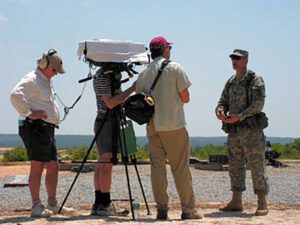
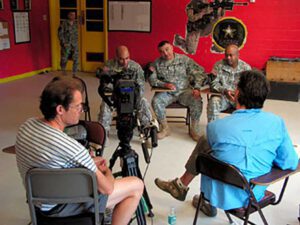
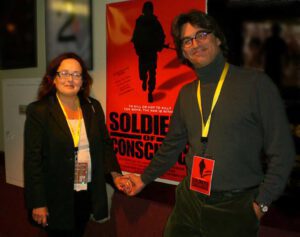
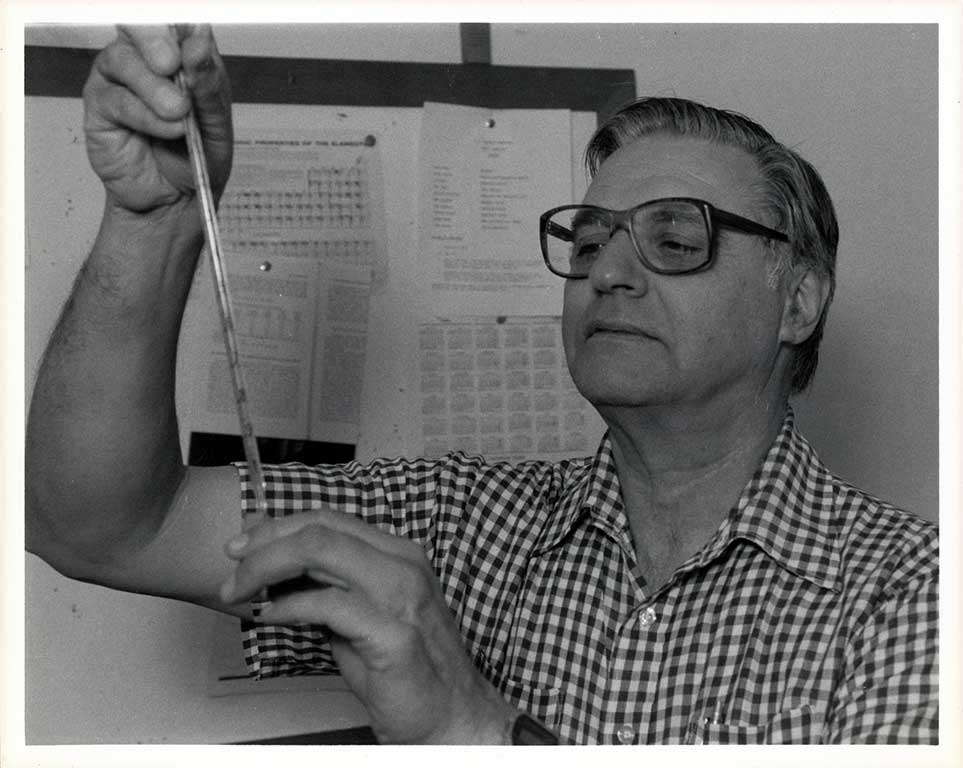
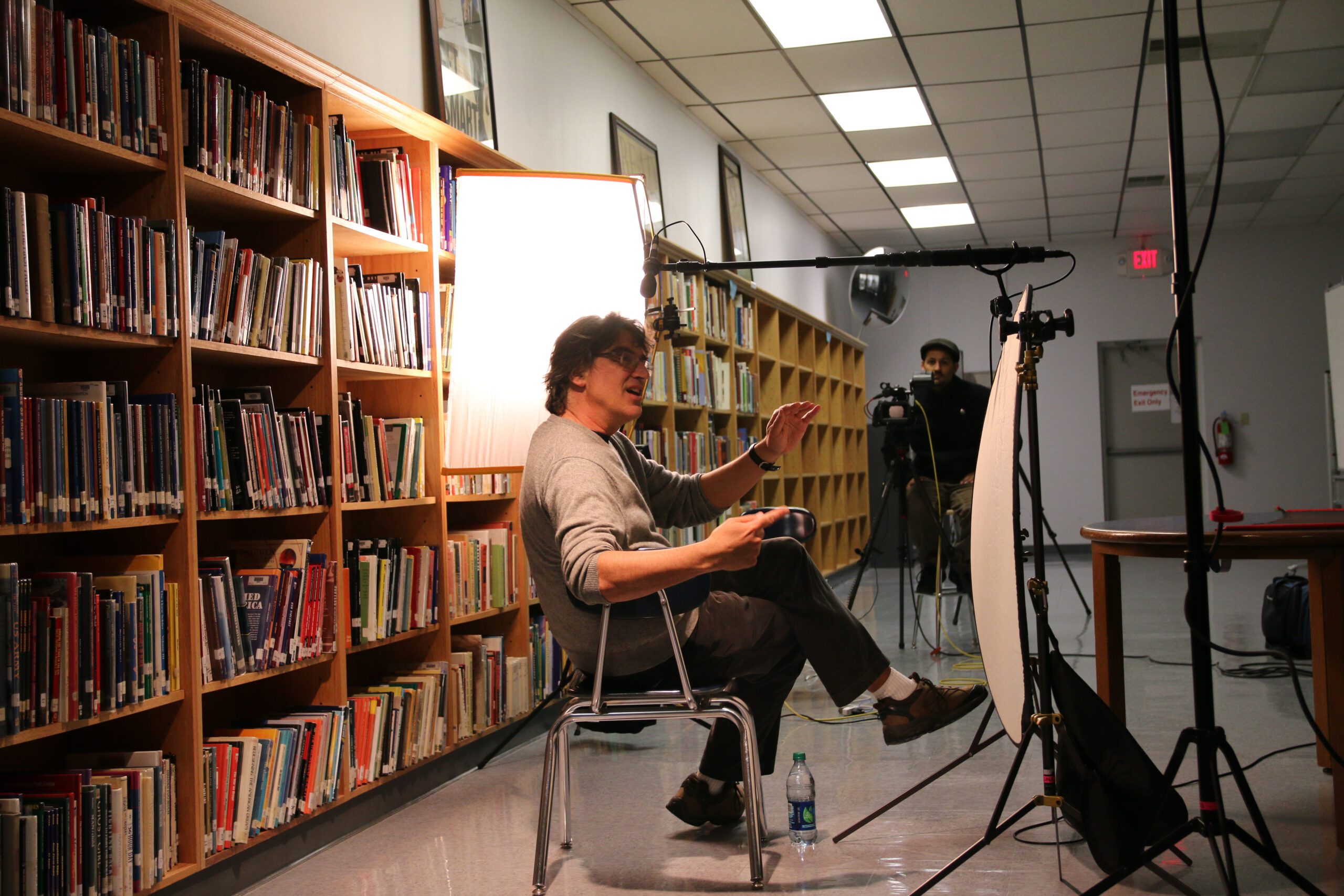
Jan
I did read all the way to there! …and I found it an interesting, fun story.